Manipur needs the healing touch – and we have to do it ourselves
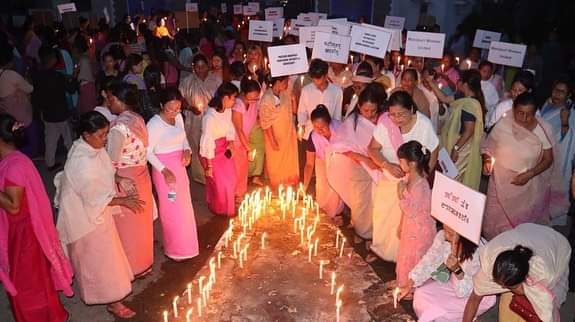
Civil society will have to find sensible solutions to bring Meiteis and Kukis together – and to alleviate the suffering of the many displaced people on both sides of the divide through skilling, self-help, and microfinance initiatives.
The crisis in Manipur has continued for nearly 4 months. While the level of violence has somewhat abated, it still flares up now and then – the mistrust and distance between the communities have increased. Many factors are fueling this. First, the abysmal failure of the State and Central governments enabled the complete and continuing collapse of law and order. And then, there is the eagerness of specific political and elite interests to further an agenda aimed at enhancing their power without regard to the historical, geographic, social, and economic realities of Manipur. And last, but not least, is the information warfare, with false narratives being peddled to paint one side or the other as a villain – when the reality is so much more nuanced and complex.
There are today over 60,000/- people estimated to be displaced from their homes and living in relief camps. A lasting peace and security assurances will enable them to go back to their homes and livelihoods – but that is the long-term goal and is yet some time away. More on that later. In the meanwhile, these displaced people – both Kuki and Meitei – and enduring extremely difficult conditions. Despite the efforts of local civil society organizations (CSOs), who have limited resources, the hygiene in the camps remains poor – leading to the spread of diseases. Access to food and nutrition is also sub-optimal, which is worrying – especially in the context of mothers and children, who are increasingly undernourished. And then there is the psychological aspect of having lost access to homes, education, and financial security – in addition to the separation from loved ones.
Many CSOs are doing their best to try and provide basic supplies and sustenance to the displaced persons in the camps. We at Eta Northeast Foundation Trust have also done this across about 18 relief camps. However, keeping in mind the need to sustain the displaced women in the camps for the short and medium term and until they can hopefully return home one day, we have now started to focus more on providing skill training and microfinance, to allow these women to start their ventures and gain some financial independence and improve their own and their families nutrition, hygiene and living conditions. The added benefit of doing this is that it also keeps the women busy and focused, with less time to think about the trauma they have faced, and also provides them a much-needed sense of empowerment and being in control of their destiny. We have been amazed by the strength and resilience of these women – not only have they embraced the training we have sought to provide, but they have quickly mastered the skills and begun production at their ventures almost immediately.
Areas we have worked on so far are imparting skills and training around manufacturing agarbatti, confectionary products, iron baskets, candle making, and moras. After training the women, we also provide them with raw materials and some seed capital to allow them to start. And finally, when the products are ready, we help the women connect with buyers – all the sale proceeds go entirely to the women. In just two months, the small number of women we have worked with have already sold products worth Rs. 90,000/- While we are happy about this, we also realize that this is a slight drop in a large ocean. Of the 18 relief camps we visited, we have only been able to conduct these programs at 6 selected camps. Furthermore, we do this at our own cost and through our small number of ETA volunteers – who devote their time, and energy and bear their expenses. It is important to scale this across the 100+ camps that exist in both Kuki and Meitei-dominated areas, and we are happy to share our experiences with other CSOs – both in the valley and hills – and collaborate with them so that skilling and livelihood efforts can be advanced together as a first step towards peace.
Ultimately, we also hope that CSOs can step in where the government and political actors have failed – and work to bring about sustainable peace and lasting amity allowing both Kukis and Meiteis to feel secure and prosper. This is not impossible. In the early days of the violence, we had proposed a women-led peace initiative involving members of both communities and we still believe this would be a good beginning. Additionally, in terms of the path ahead, some basic principles could help build trust and bring about lasting peace. Here is a listing of some ideas that could address the broader needs and concerns of both communities. Admittedly these are imperfect, and don’t give each side everything they would demand – but they could form a basis for a better future nonetheless:
· While maintaining the territorial integrity of Manipur, provide more empowerment for local governance bodies – in all areas – valley, and hill – and in a way that increases accountability without enhancing the size and cost of the government or bureaucracy.
· Address the concerns around demographic changes through data gathering conducted impartially and scientifically, so that genuine inhabitants of Manipur and their descendants who have been here since 1951 are not harassed, irrespective of their community. At the same time, for those who arrive as refugees from Myanmar, collect biometric data systematically and give them separate identification which allows them to stay safely and avail of humanitarian relief without gaining citizenship.
· Create a comprehensive 5-year development plan for the entire state – which spells out how economic and social measures will be taken in a balanced manner across both the hill and valley areas of the state – with particular emphasis on ensuring excellent and easy access to school education, healthcare, and road connectivity.
· Completely disarm all armed groups and factions permanently – both in the valley and hill areas – with stringent legal actions against any person or group who fails to avail of the initial amnesty period for surrender of weapons.
· Ensure justice for the victims of violence by properly investigating all cases of killing, sexual violence, and arson – both in the valley and in the hills – and detaining and trying the accused persons expeditiously.
· Enable people from all communities to trade and buy property in all designated urban areas of the state – and maintain some restrictions on the development of forest and agricultural land unless the consent of the local community is lawfully obtained, except for public infrastructure development.
· Maintain the current equilibrium in reservations for government jobs for a decade or so, and then conduct a socio-economic study to ascertain if the reservations have achieved their purpose and if they are still required.
We look forward to a dialogue with other CSOs around these ideas and how we can all step in where the government has failed to help drive a better future for all.
About the author: Sophia Rajkumari is a family lawyer and chairperson of Eta: Northeast Women's Network

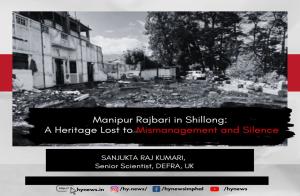





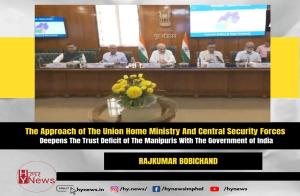

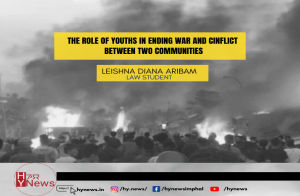
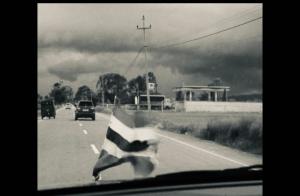
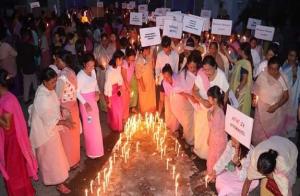
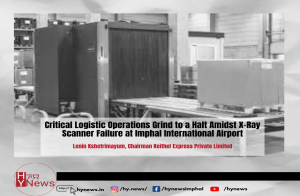
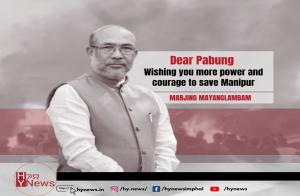
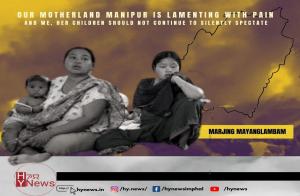
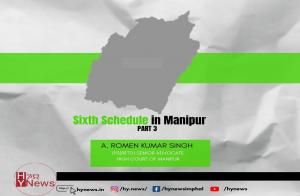
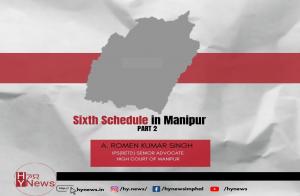
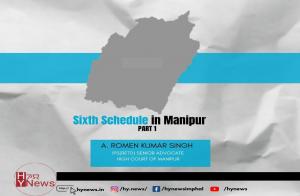

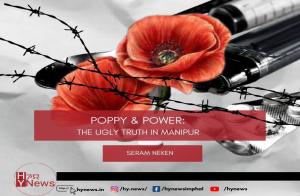

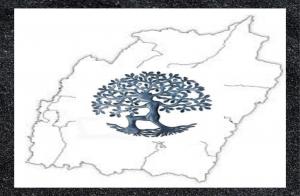
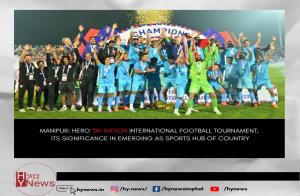


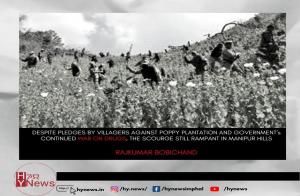

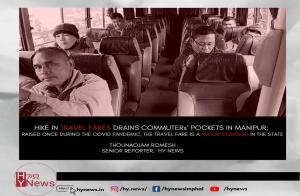

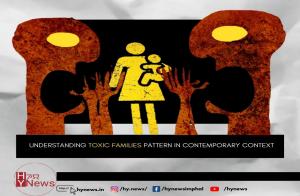
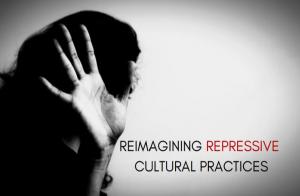





Leave Comments